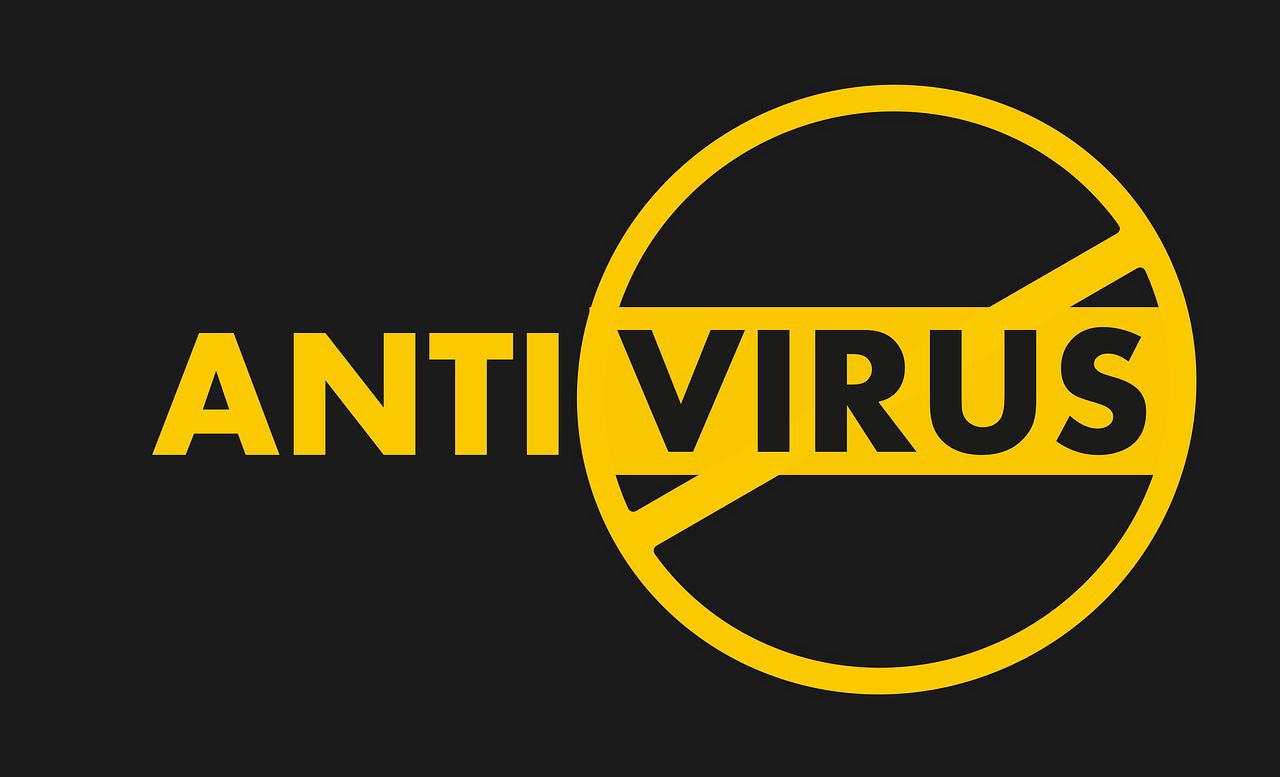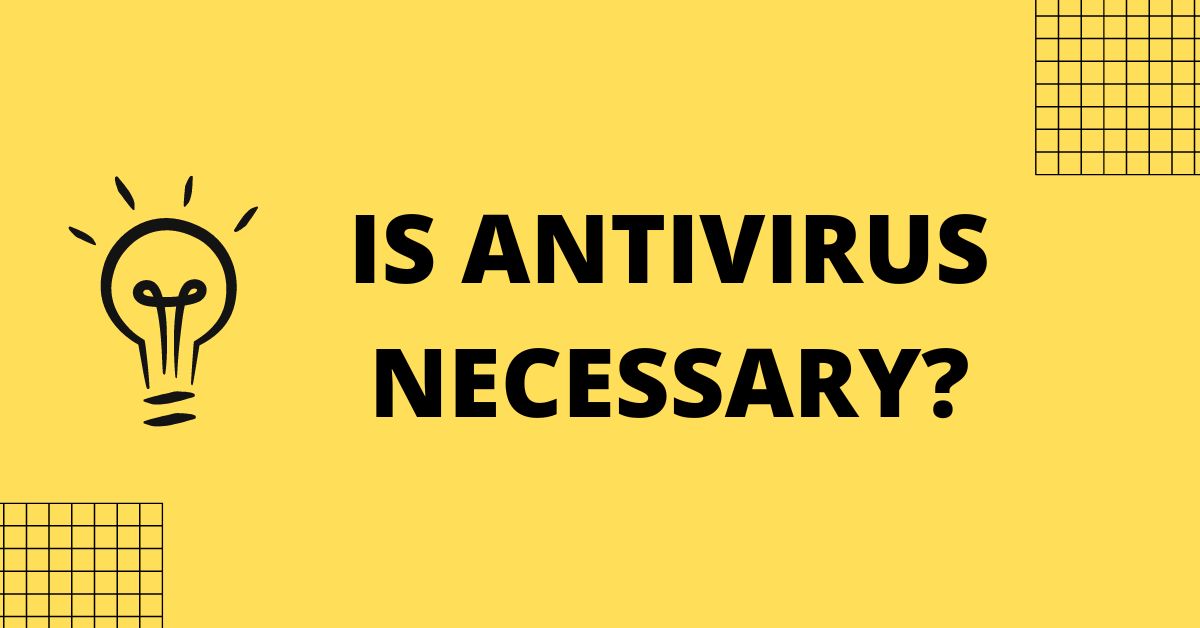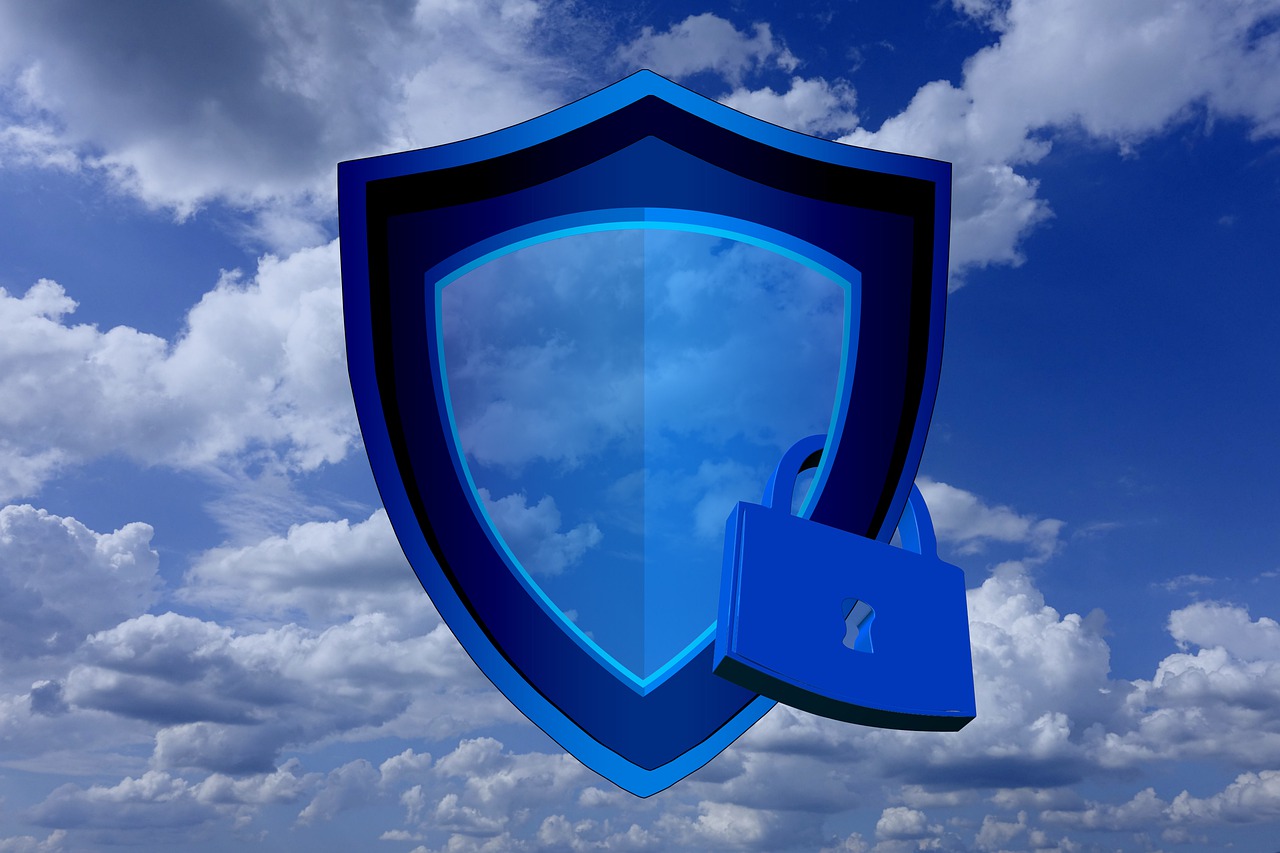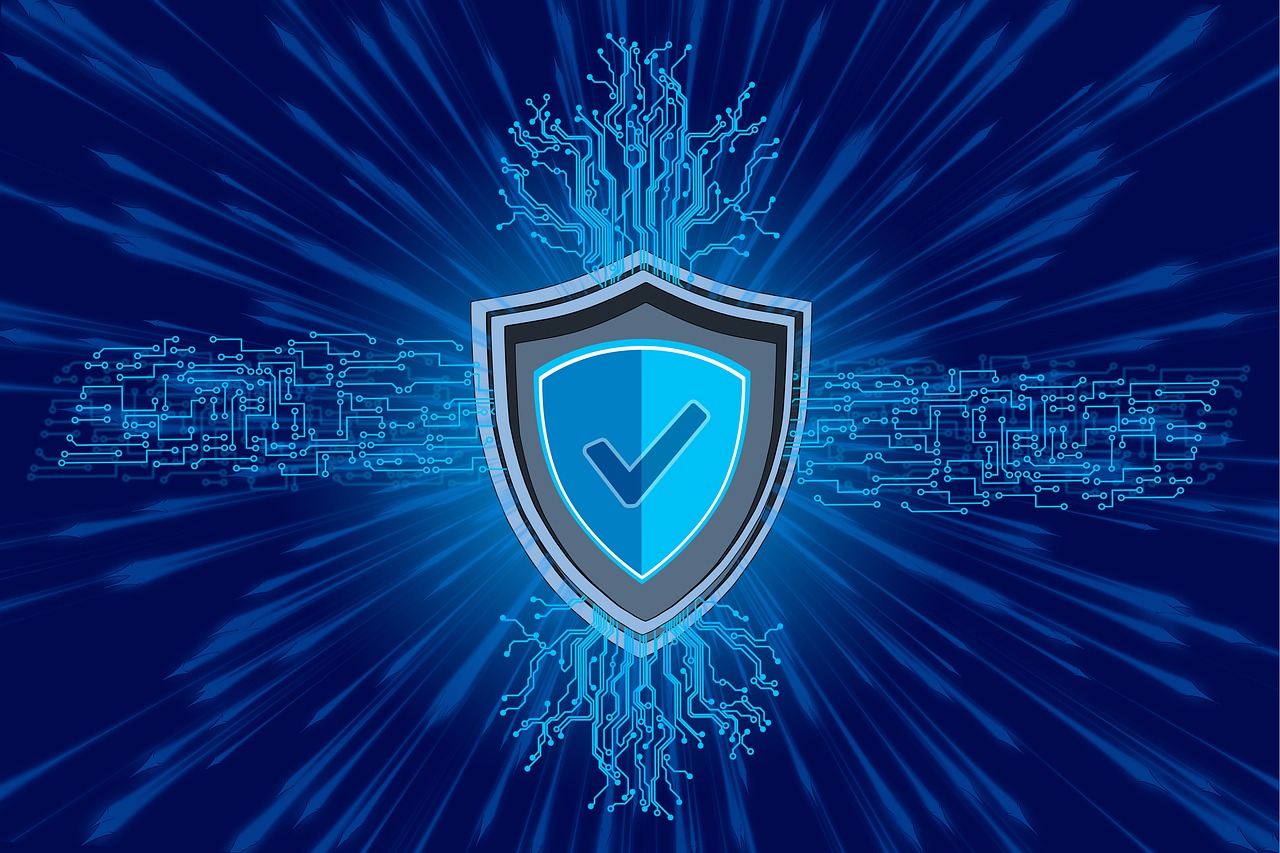Is Antivirus necessary? Read on to find out…
Antivirus software has been a staple in the world of computer security for many years, providing a critical line of defense against malware and other forms of digital threats.
However, in recent years, some experts have raised questions about the necessity of antivirus software, especially in light of the increasing sophistication of other security measures.
In this article, we will take a closer look at this ongoing debate and explore both the arguments for and against the necessity of antivirus software.
Is Antivirus Necessary?
Antivirus software has been a staple in the world of computer security for many years, providing a critical line of defense against malware and other forms of digital threats.
However, with the increasing sophistication of other security measures, some experts have raised questions about the necessity of antivirus software.
On the one hand, antivirus software provides a crucial line of defense against malware and viruses, and helps to protect personal and sensitive information.
It is designed to detect and remove malicious software that can cause harm to your computer system and steal personal information.
Antivirus software also provides protection against cyber attacks, which are malicious efforts to gain unauthorized access to sensitive information or disrupt computer systems.
On the other hand, computer security measures have evolved over time and alternative measures such as firewalls and encrypted connections may be adequate in protecting against cyber threats.
Some experts argue that these measures, combined with safe browsing practices, are sufficient on their own and that antivirus software is no longer necessary.
Additionally, antivirus software may slow down your computer system or conflict with other software programs, making it an inconvenience.
The decision to use antivirus software will depend on individual needs and preferences, as well as the type of computer system and the level of security desired.
If you handle sensitive information or frequently use the internet, it is recommended to use antivirus software for an added layer of protection against cyber threats.
However, if you are a casual user who follows safe browsing practices and has a secure computer system, antivirus software may not be necessary.
On the other hand, while antivirus software may not be necessary for all computer users, it is still a valuable tool for those who are looking for added protection against cyber threats.
Arguments For The Necessity Of Antivirus Software
The first and most important argument in favor of antivirus software is that it provides a crucial line of defense against malware and viruses.
Malware and viruses are malicious software programs that can cause harm to your computer system, including the theft of personal information and sensitive data.
Antivirus software is designed to detect and remove these threats, helping to protect your system from the harm they can cause.
Another important argument in favor of antivirus software is that it provides protection against cyber attacks. Cyber attacks are malicious efforts to gain unauthorized access to sensitive information or disrupt computer systems.
Antivirus software can help to prevent these attacks by detecting and removing malicious software that may be used in such attacks.
Finally, antivirus software also helps to protect personal and sensitive information. This includes things like credit card information, personal emails, and other sensitive data that is stored on your computer.
Antivirus software can help to prevent unauthorized access to this information, ensuring that it remains safe and secure.
Arguments Against The Necessity Of Antivirus Software
The first argument against the necessity of antivirus software is that computer security measures have evolved over time.
For example, firewalls and encrypted connections have become increasingly sophisticated and provide an additional line of defense against cyber threats. Some experts argue that these measures are sufficient on their own, and that antivirus software is no longer necessary.
Another argument against antivirus software is that it may not be effective in all cases. For example, some viruses and malware may be designed to evade detection by antivirus software, rendering it ineffective in protecting against these threats.
Additionally, antivirus software may also slow down your computer system or conflict with other software programs, which can be a major inconvenience.
Is Antivirus Necessary? Frequently Asked Questions
Do I need antivirus if I have Windows Defender/Apple Security?
Both Windows Defender and Apple Security offer built-in protection against malware and viruses. These default options have improved significantly in recent years, offering decent baseline protection. However, they might not always catch the latest threats or offer advanced features like phishing protection or parental controls.
What are the risks of not using antivirus?
Without antivirus, you are more vulnerable to various online threats like:
- Viruses and malware: These can steal your data, damage your device, or hold your files hostage for ransom.
- Phishing attacks: These emails or websites try to trick you into revealing personal information.
- Spyware: This software tracks your online activity without your knowledge.
- Zero-day attacks: These exploit vulnerabilities before security patches are available.
Who needs antivirus the most?
Users who engage in high-risk behavior online are more likely to benefit from extra protection. This includes:
- Downloading files from untrusted sources.
- Clicking on suspicious links or attachments.
- Visiting adult websites or gambling sites.
- Using online banking or shopping frequently.
Are free internet security programs enough?
Free internet security programs can offer basic protection, but they often lack advanced features and may have slower performance. Paid internet security usually provides better protection, real-time scanning, and additional features like firewalls and password managers.
What alternatives are there to internet security software?
While not a complete replacement, practicing good online security habits can significantly reduce your risk:
- Be cautious about what you download and click on.
- Keep your software and operating system up to date.
- Use strong passwords and enable two-factor authentication.
- Be wary of public Wi-Fi networks.
Conclusion
The debate over the necessity of antivirus software is ongoing, and both arguments for and against it have merit.
In essence, antivirus software provides a crucial line of defense against malware and viruses, and helps to protect personal and sensitive information.
On the other hand, computer security measures have evolved over time, and alternative measures such as firewalls and encrypted connections may be adequate in protecting against cyber threats.
Ultimately, the decision to use internet security software will depend on individual needs and preferences, as well as the type of computer system and the level of security desired.
In conclusion, while internet security software may not be necessary for all computer users, it is still a valuable tool for those who are looking for an added layer of protection against cyber threats.
If you are in doubt about whether antivirus software is right for you, it is always a good idea to consult with an expert in computer security or consult with the manufacturer of your computer system.
INTERESTING POSTS
- The Difference Between Antivirus and VPN: A Comprehensive Comparison
- Unveiling the Truth: Is RAV Antivirus Safe?
- Surfshark VPN Review: Features, Pricing, Pros And Cons
- How To Resolve The Issue Of Antiviruses Causing Conflicts
- How To Resolve The Issue Of VPNs Causing Conflicts
Daniel Segun is a cybersecurity expert and owner of AntivirusWithVPN.com. With a background in Computer Science and Digital Marketing, Daniel combines technical know-how with a passion for cybersecurity to provide our readers with essential insights. When he's not writing, he's busy crafting graphics and developing websites, adding a creative touch to our content. Daniel is committed to keeping you informed and secure in the digital age.





